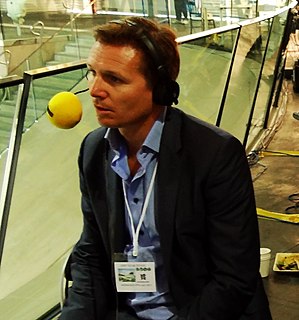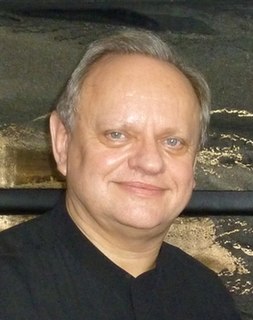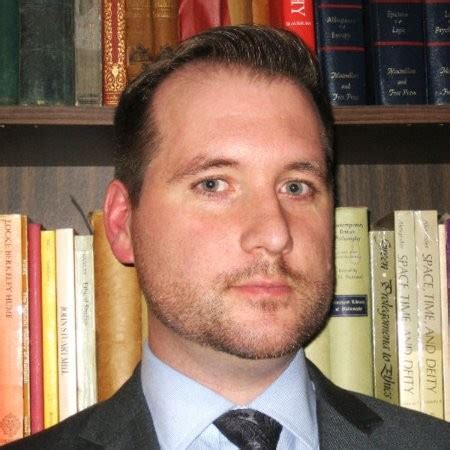A Quote by Roger Black
80% of the mistakes you will make in information architecture can be caught if you bring in a great usability expert from the beginning.
Related Quotes
Good information architecture enables people to find and do what they came for. Great information architecture takes find out of the equation: the site behaves as the visitor expects. Poor or missing information architecture neuters content, design, and programming and devalues the site for its owners as well as the audience it was created to serve. It’s like a film with no director. The actors may be good, the sets may be lovely, but audiences will leave soon after the opening credits.
I got into architecture via fine arts, and I was a sculptor myself, and I have always involved artists in my projects. When I say 'involved,' I mean I always bring artists in at the beginning projects before they're built and say, 'Will you do a room? Will you do a sculpture floating in mid-air? Will you make a chimney? Will you do something?'
Be proud of your mistakes. Well, proud may not be exactly the right word, but respect them, treasure them, be kind to them, learn from them. And, more than that, and more important than that, make them. Make mistakes. Make great mistakes, make wonderful mistakes, make glorious mistakes. Better to make a hundred mistakes than to stare at a blank piece of paper too scared to do anything wrong.
while the executive should give every possible value to the information of the specialist, no executive should abdicate thinking on any subject because of the expert. The expert's information or opinion should not be allowed automatically to become a decision. On the other hand, full recognition should be given to the part the expert plays in decision making.
When we come to understand architecture as the essential nature of all harmonious structure we will see that it is the architecture of music that inspired Bach and Beethoven, the architecture of painting that is inspiring Picasso as it inspired Velasquez, that it is the architecture of life itself that is the inspiration of the great poets and philosophers.
Many people will tell you that an expert is someone who knows a great deal about the subject. To this I would object that one can never know much about any subject. I would much prefer the following definition: an expert is someone who knows some of the worst mistakes that can be made in the subject, and how to avoid them.





































